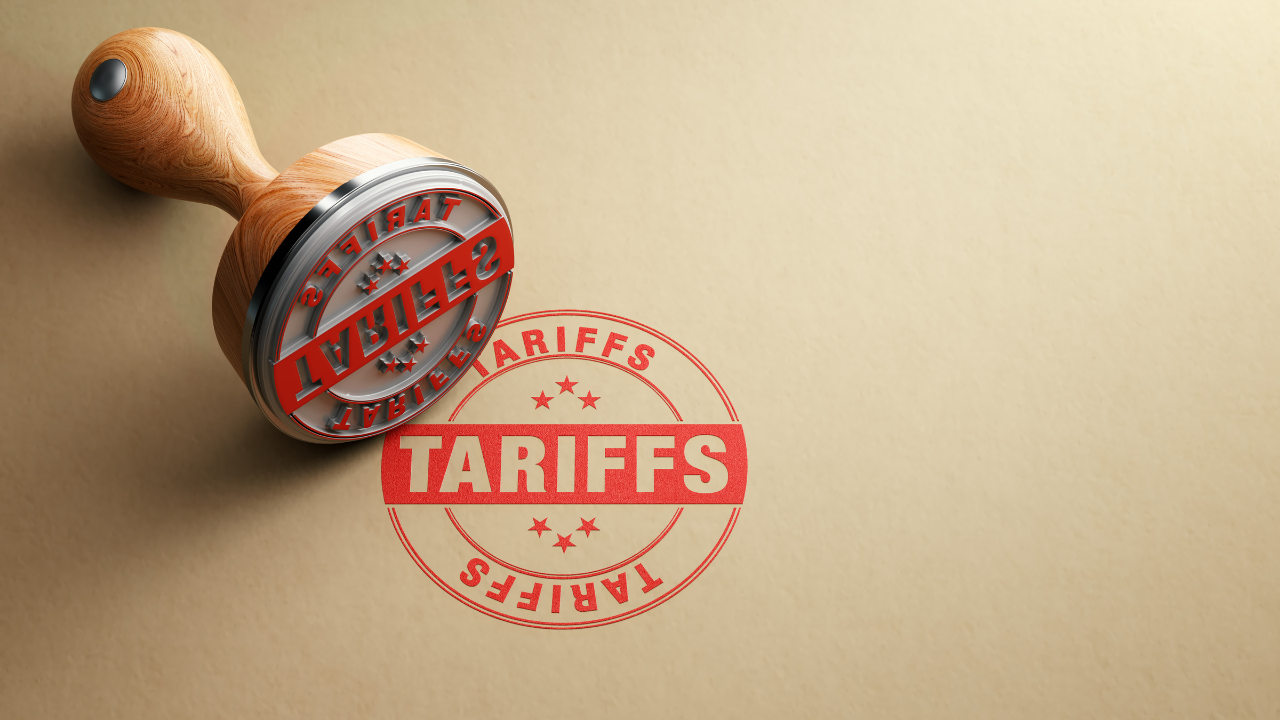



China has firmly declared that it will not succumb to pressure from the United States, specifically in response to the tariffs imposed during former President Donald Trump’s administration. The Chinese government emphasized its stance amid ongoing tensions surrounding international trade and economic policy, stating that it would not compromise its core economic interests or sovereign rights under any circumstances.
These tariffs, initially introduced by the Trump administration, were part of a broader trade war strategy aimed at addressing what the U.S. deemed unfair trade practices by China, including intellectual property theft and forced technology transfers. The measures resulted in billions of dollars in duties on Chinese goods, affecting industries ranging from electronics to agriculture.
In response, China implemented retaliatory tariffs on U.S. imports and lodged complaints with the World Trade Organization (WTO). The tit-for-tat escalation significantly impacted global supply chains and contributed to market volatility during the peak of the trade war.
Even after Trump’s presidency ended, the effects of the tariffs have lingered. The Biden administration has largely maintained the tariffs, leading to growing calls from both U.S. businesses and Chinese counterparts to resolve the deadlock. Despite some diplomatic overtures and trade talks, a comprehensive agreement has yet to be reached.
Chinese officials reiterated their commitment to defending national interests and called for dialogue based on mutual respect and equality. They accused the U.S. of weaponizing trade for political gain and attempting to suppress China’s economic rise through unfair tactics.
Economists have pointed out that while the tariffs were intended to reduce the U.S. trade deficit and bring manufacturing back to America, the results have been mixed. Several studies suggest that U.S. consumers and businesses bore the brunt of the increased costs, while China diversified its trade partnerships with other nations.
In recent months, China has intensified its push for global cooperation, emphasizing the importance of multilateralism and open markets. It has also increased its investments in technological innovation and domestic production as part of its strategy to reduce dependence on foreign markets, particularly in areas vulnerable to sanctions or tariffs.
The Chinese government’s latest remarks serve as a clear message to the international community that it will not be coerced into altering its policies or economic framework under external pressure. It also underscores the persistent tensions in U.S.-China relations, especially as both nations grapple with broader geopolitical rivalries spanning technology, defense, and global influence.
As trade negotiations remain stalled and both nations continue to assert their respective economic visions, the standoff illustrates the complexities of modern international trade diplomacy. Whether this firm stance leads to renewed dialogue or further escalation remains to be seen, but what is certain is that neither side appears willing to back down.
#trending #latest #China #TrumpTariffs #TradeWar #USChinaTensions #GlobalEconomy #BreakingNews #Geopolitics

University Internships That Help You Get a Job After Graduation... Read More.

Is It Smarter to Start at a Community College... Read More.
 Fake posts hit Czech PM Fiala's X
Fake posts hit Czech PM Fiala's X
Fake posts disrupt Czech PM Fiala's X account security
 Switzerland Tightens Export Rules
Switzerland Tightens Export Rules
Switzerland expands export controls on dual-use goods
 Google unveils Ironwood AI chip
Google unveils Ironwood AI chip
Google introduces Ironwood chip to accelerate AI tasks & apps
 TSMC Q1 revenue up 42%
TSMC Q1 revenue up 42%
TSMC sees 42% revenue surge in Q1, surpassing forecasts
 Amazon CEO Outlines AI Vision
Amazon CEO Outlines AI Vision
Amazon CEO reveals AI investment plans in new letter
 Osaka Hosts World Expo 2025
Osaka Hosts World Expo 2025
Japan blends tech and culture at Osaka Expo 2025 launch
 A16z Plans Big Bet on AI Startup
A16z Plans Big Bet on AI Startup
A16z may lead huge round in ex-OpenAI CTO’s new AI firm.
© MyEduGoal. All Rights Reserved. Design by markaziasolutions.com